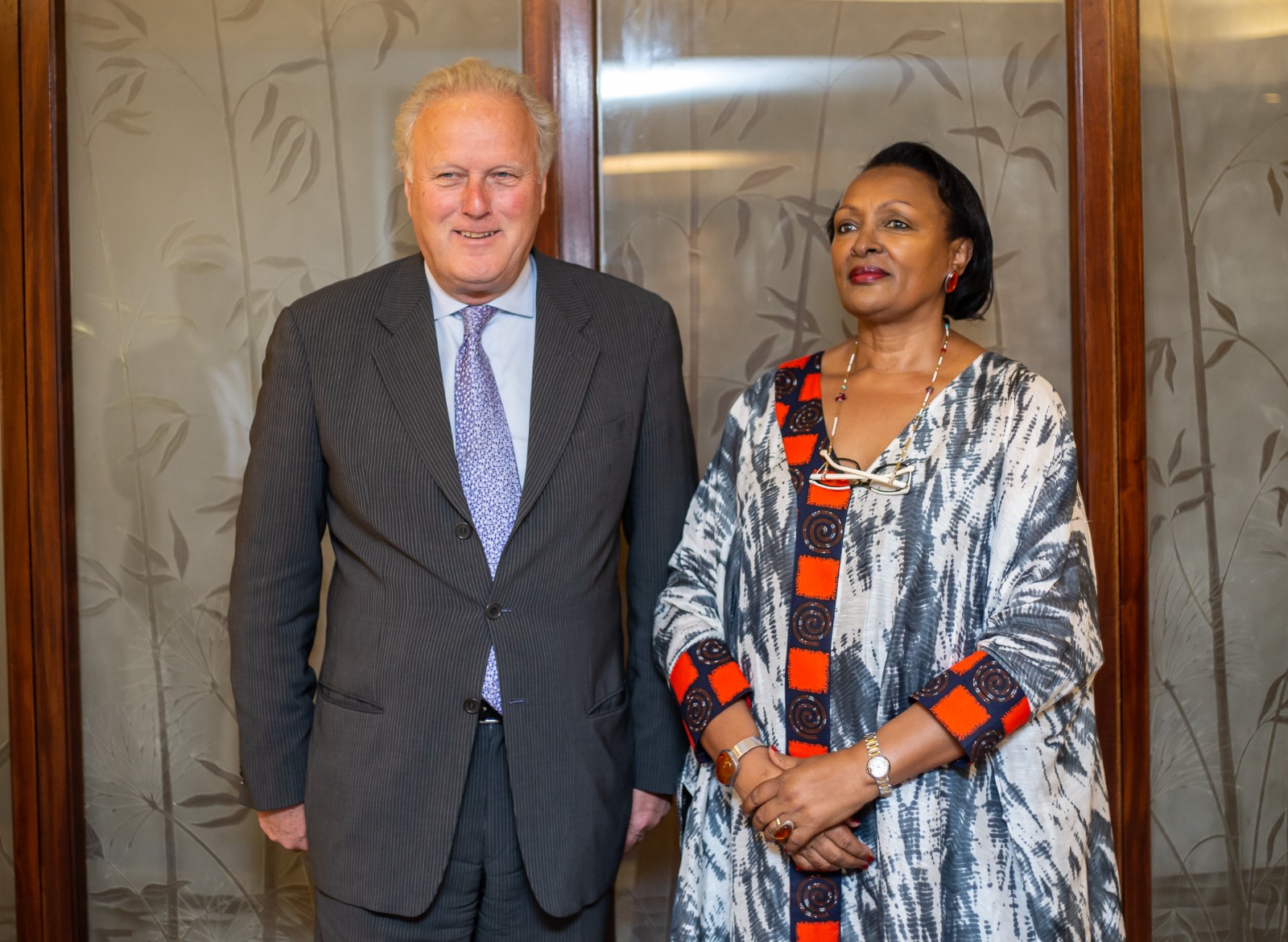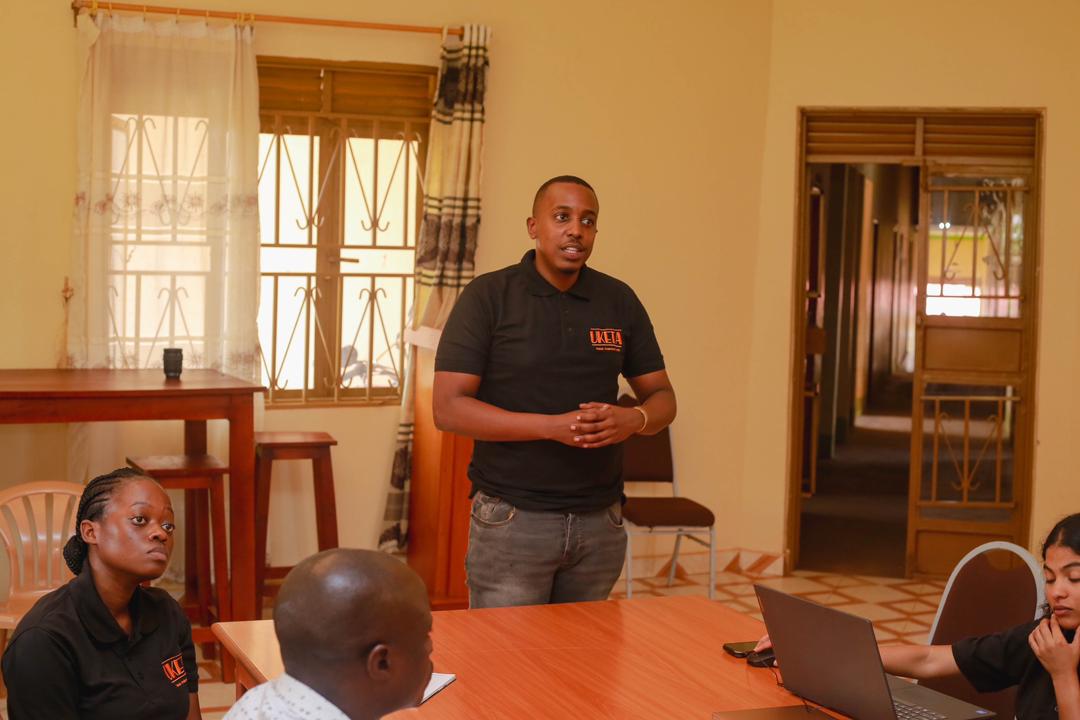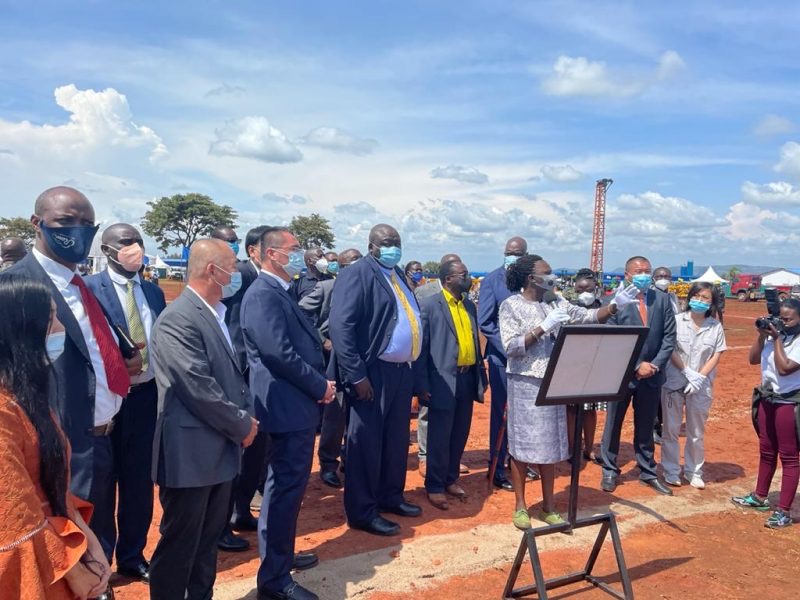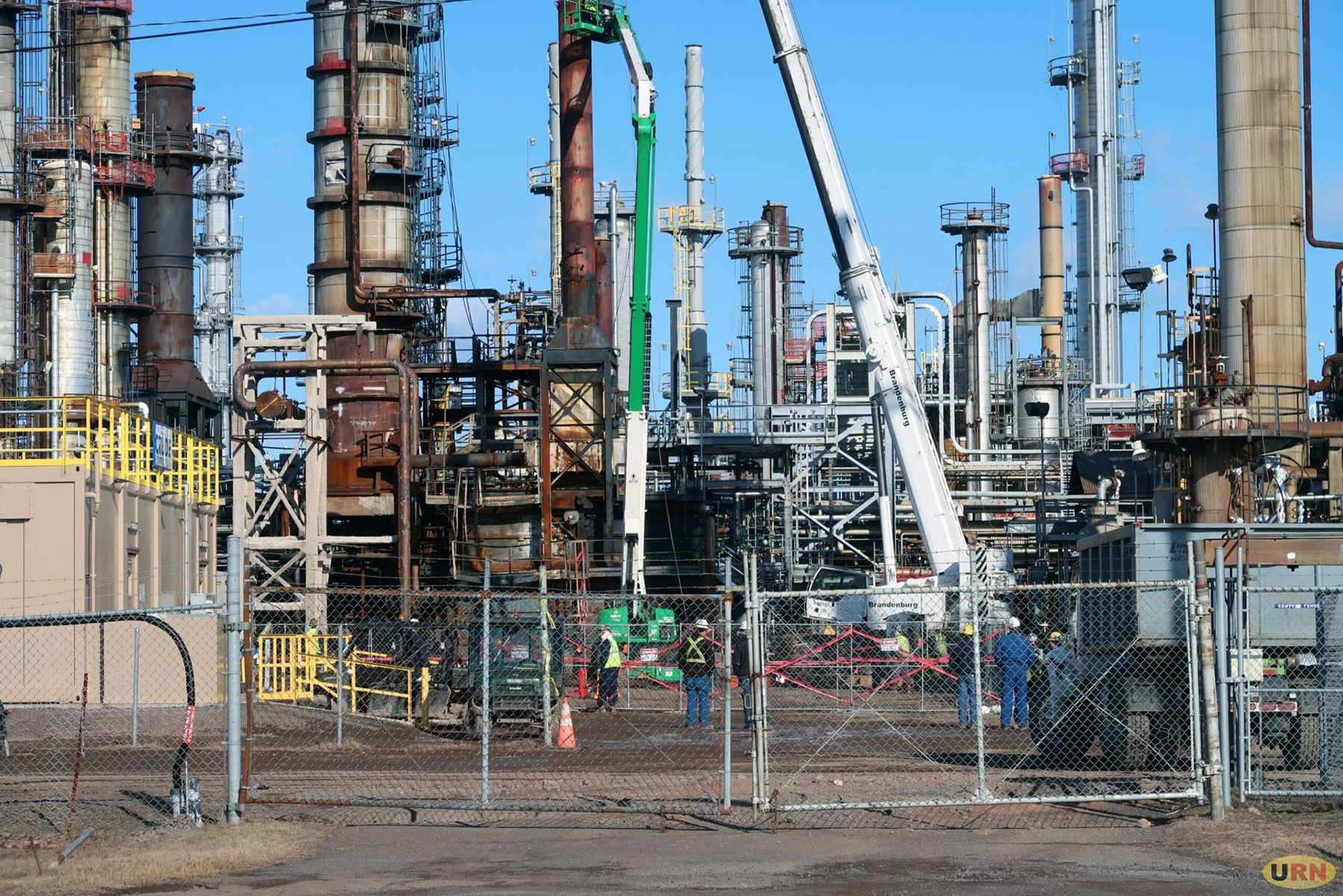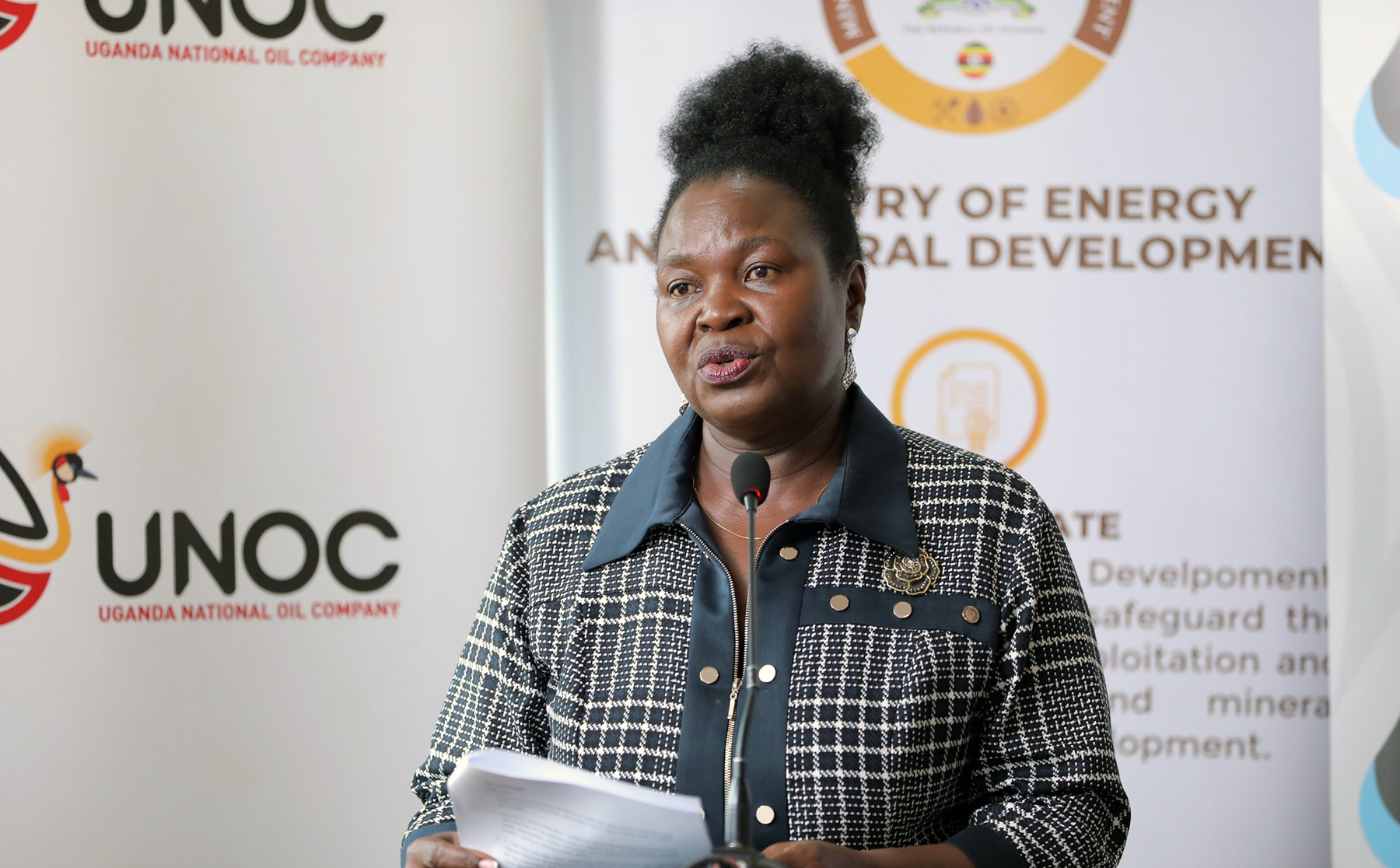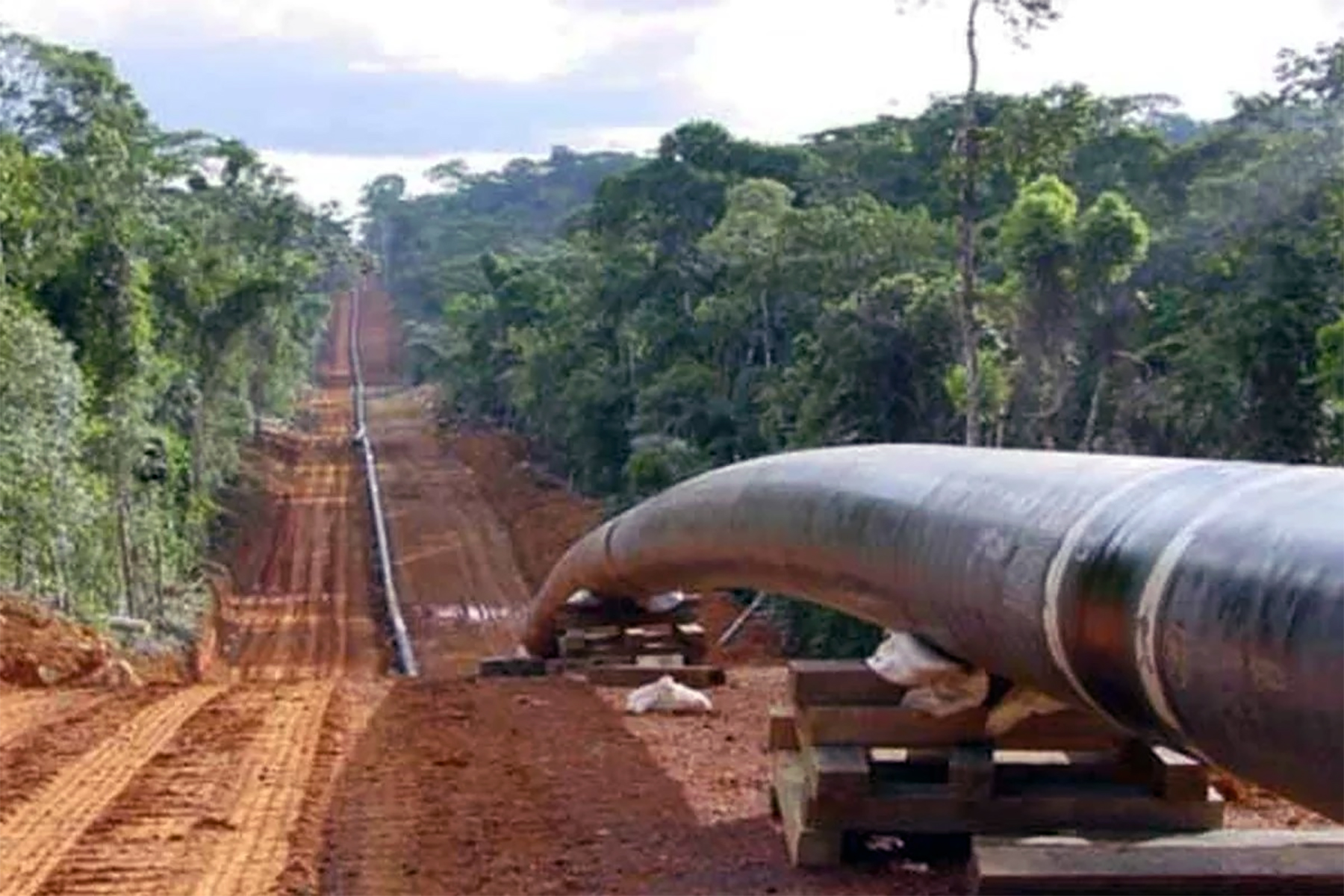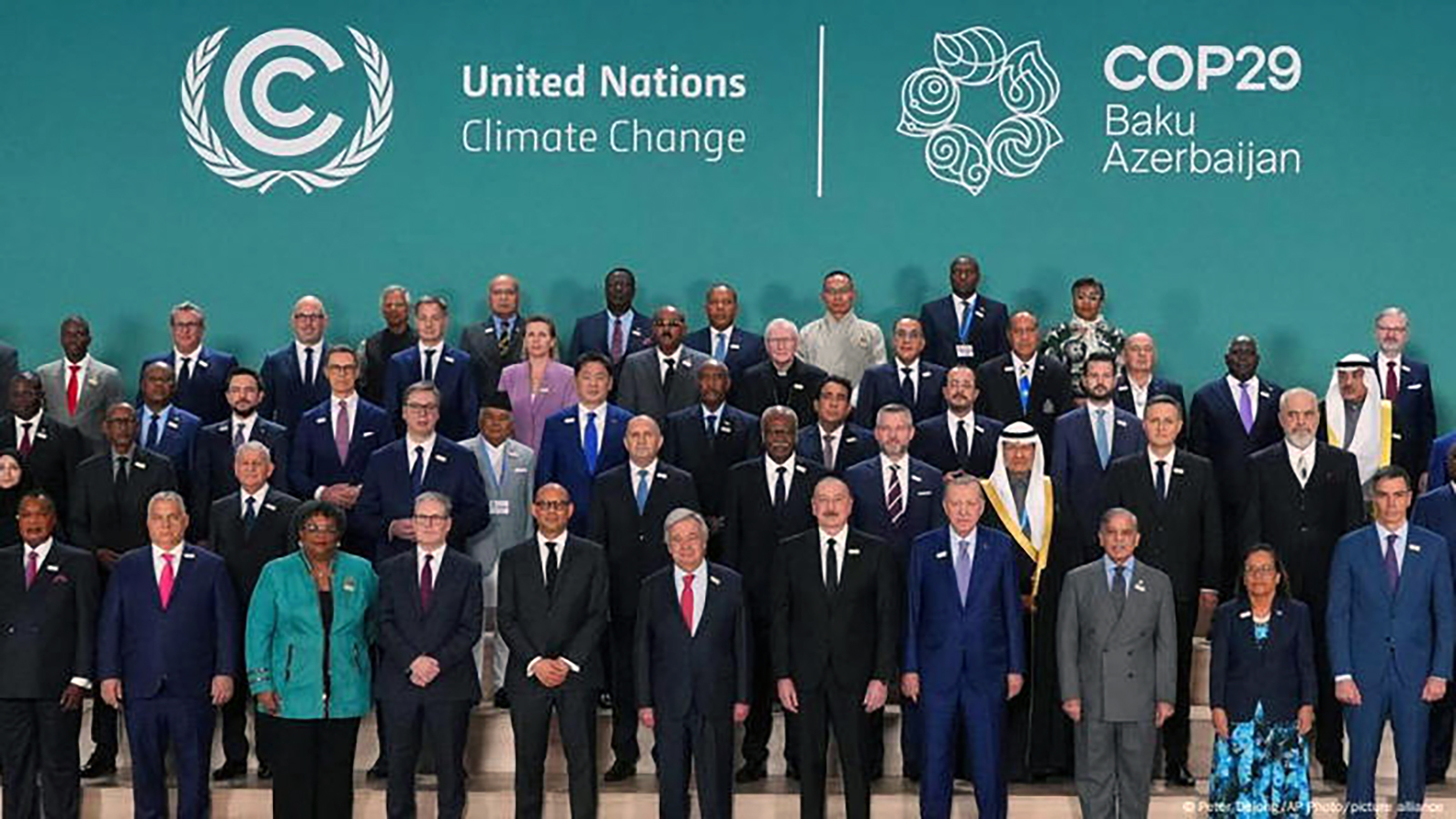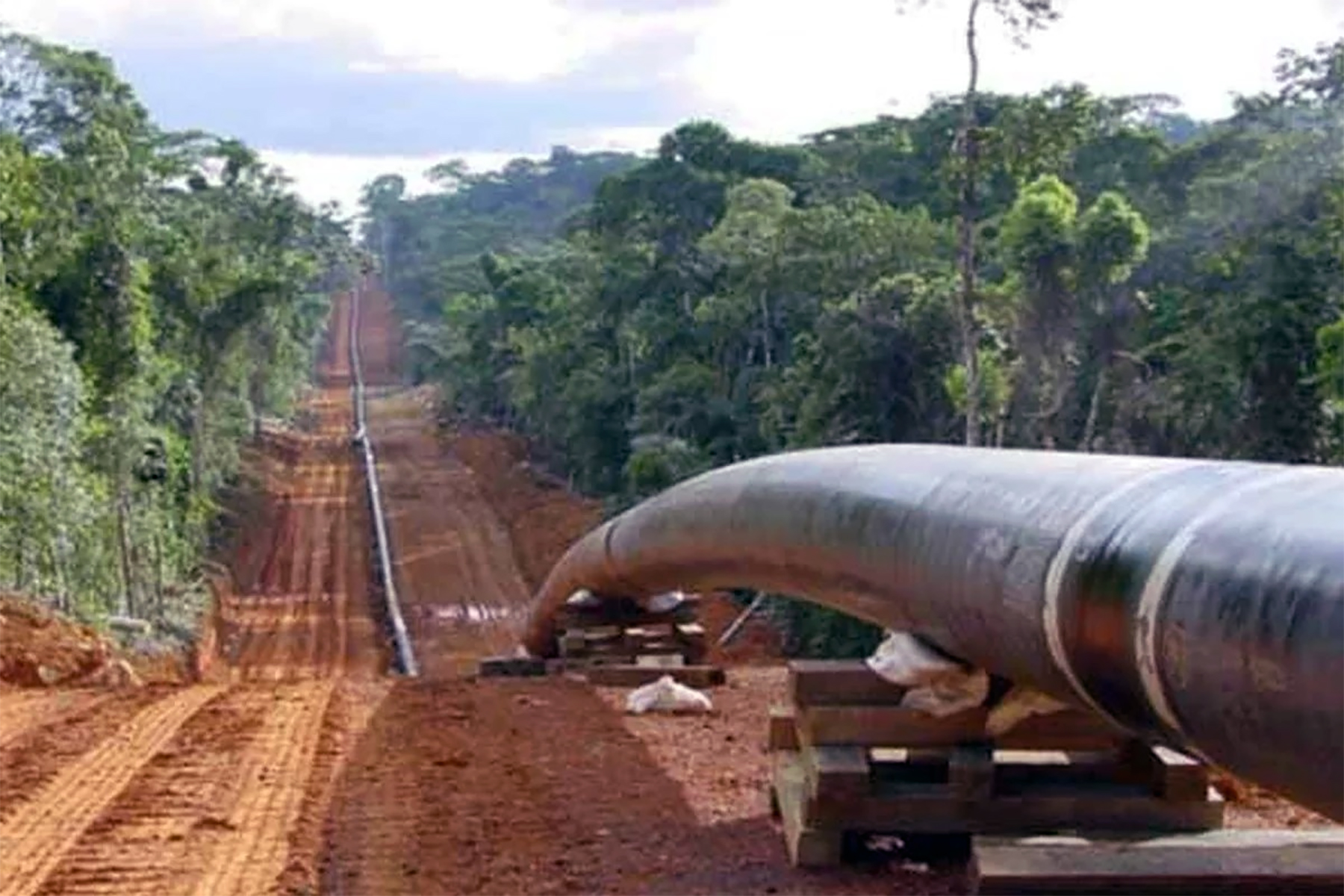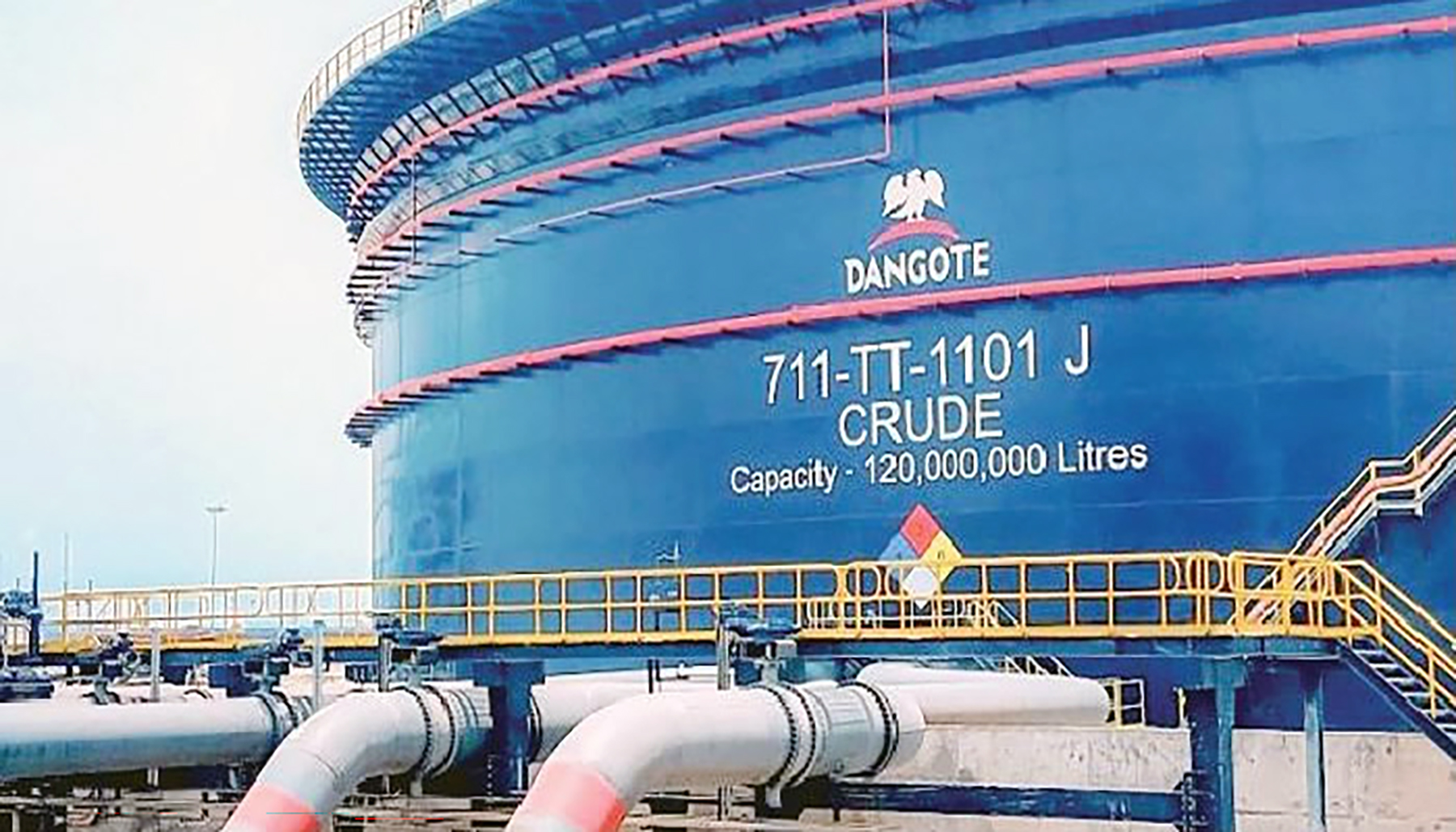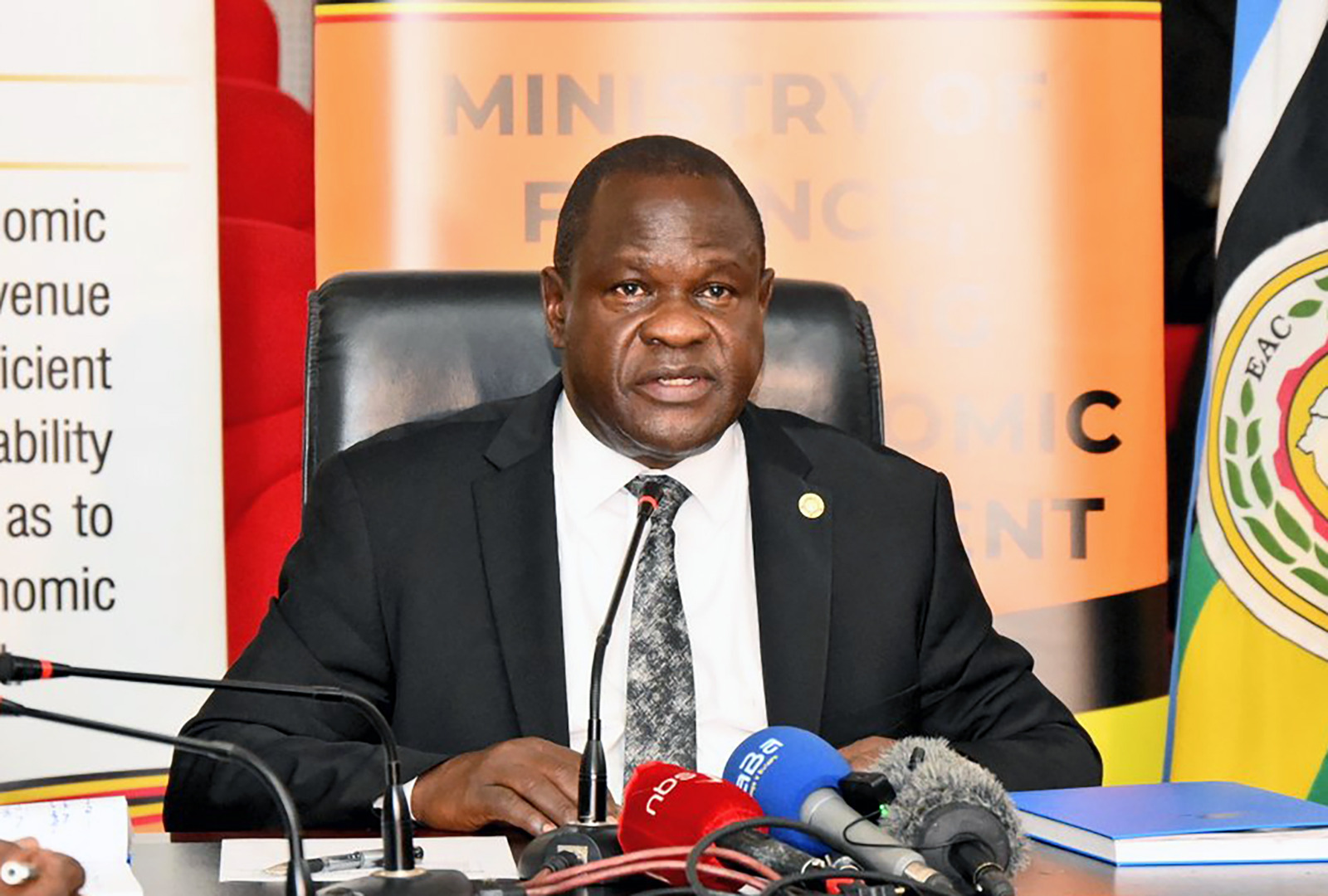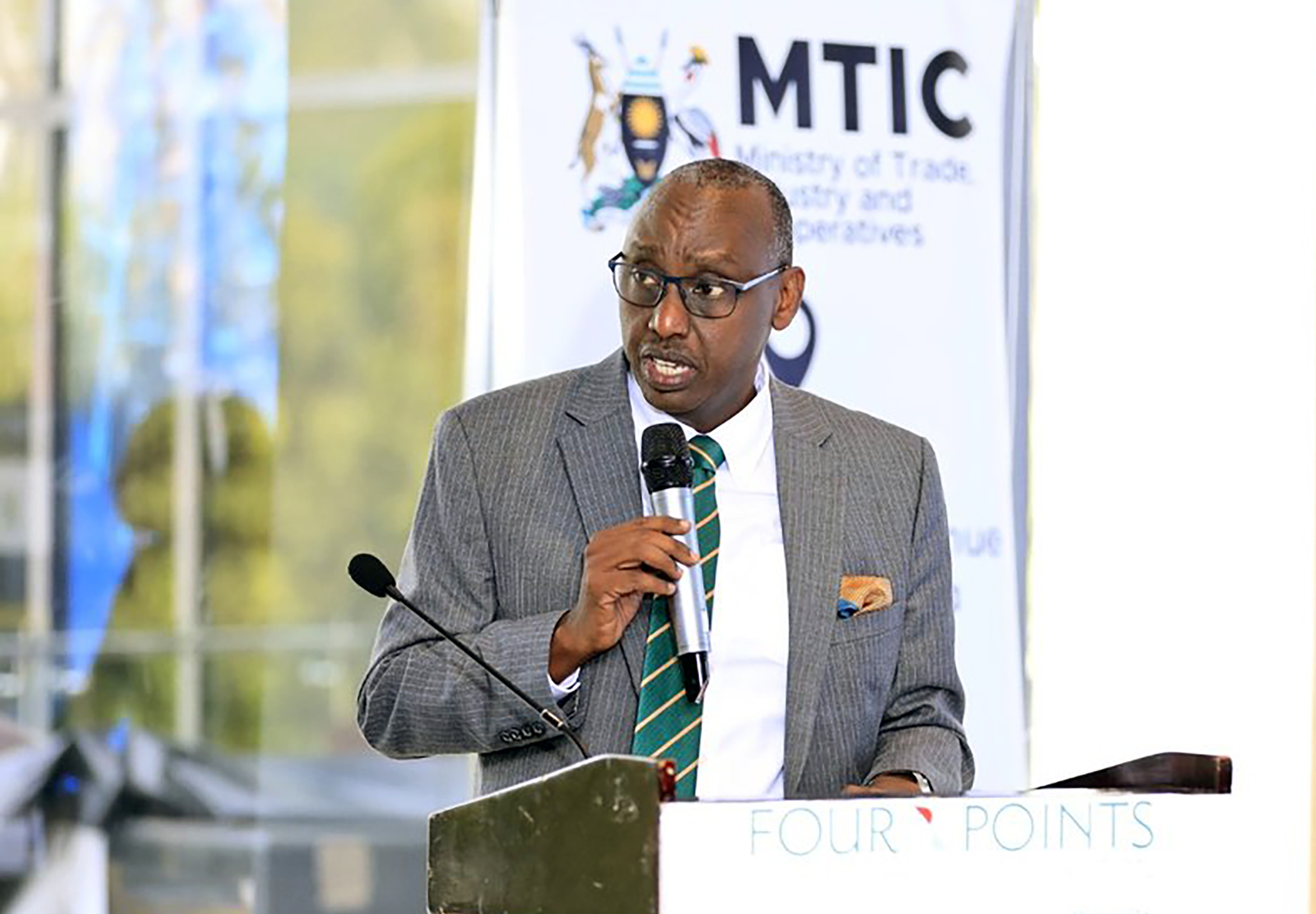Ugandans get UGX7.6 Tn worth of oil & gas contracts
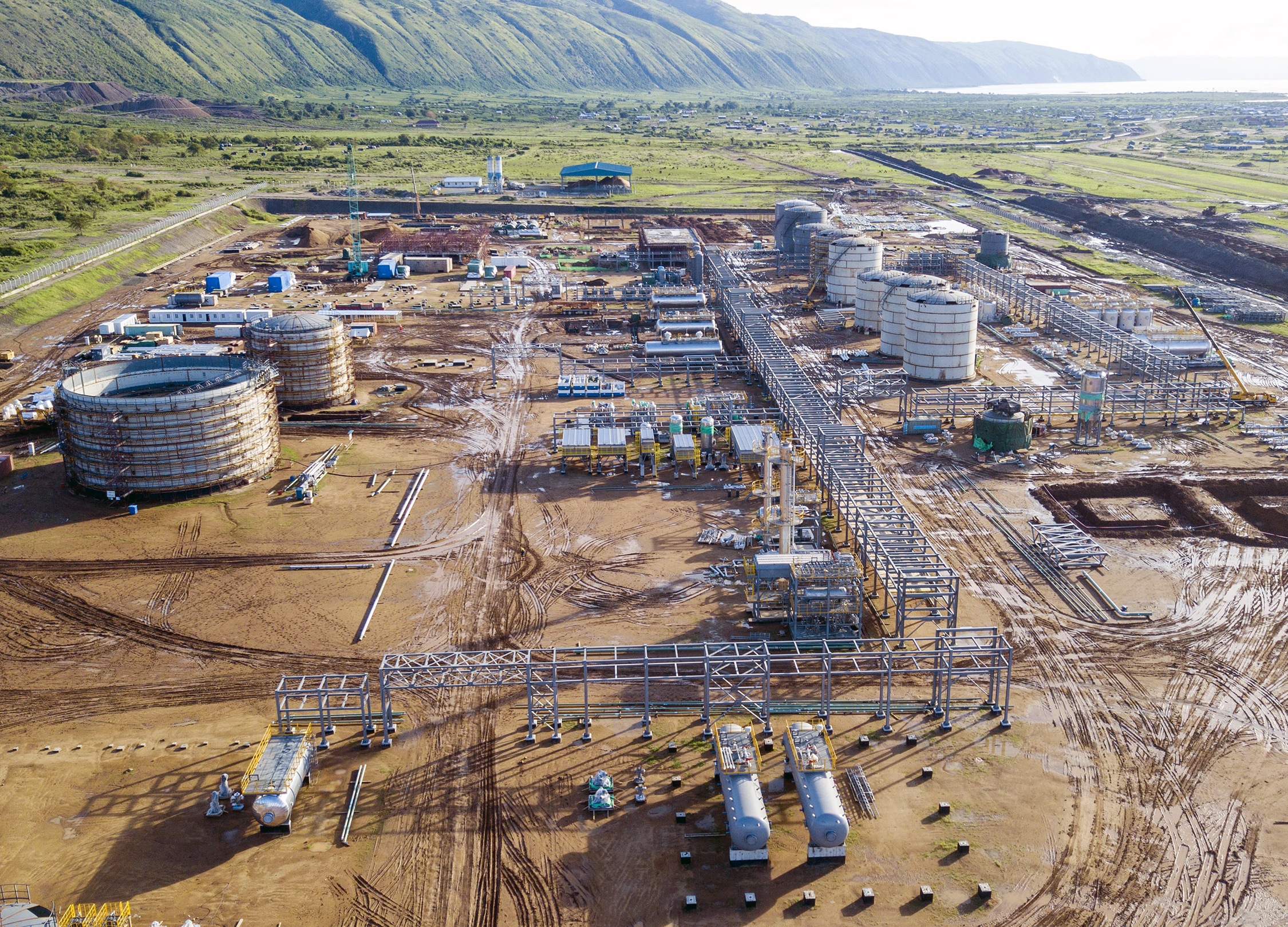
A section of the EACOP currently under construction in Hoima District. Local content contributes at least 90% of the project supplies. being undertaken
Ugandan companies have secured contracts worth UGX 7.6 trillion (over US$2.2 billion) in the oil and gas sector, positioning local enterprises at the center of one of the country’s most transformative industries.
These deals represent a significant portion of the US$5.4 billion (UGX 18.6 trillion) investments unlocked since Uganda signed the Final Investment Decision (FID) in 2022.
According to the Petroleum Authority of Uganda (PAU), 465 Ugandan firms are among 630 entities that have won contracts to supply goods and services across the oil and gas value chain.
- The contracts cover engineering, logistics, civil works, manpower supply, catering, and oilfield services, contributing to the development of the Tilenga and Kingfisher projects, operated by TotalEnergies EP Uganda and CNOOC Uganda Ltd, respectively.
This publication wasn’t able to obtain a detailed list of the Ugandan companies from PAU. However, Energy Ministry Permanent Secretary Irene Batebe confirmed at the First Sectoral Linkages Conference in 2024 at Speke Resort, Munyonyo, that since 2021, some 271 contracts worth US$7.162 billion, were reviewed, of which US$1.796 billion worth of deals were awarded to Ugandan firms.
Batebe noted that while local companies secured 25% of the total contract value, international companies accounted for the remaining 75% (approx. US$7 billion). “Procurement activities continue to reflect a concerted effort to promote national content and enhance local economic participation,” she said.
- In 2023 alone, licensees executed 852 procurements worth US$501.18 million, of which 718 procurements (84%) valued at US$257.79 million (51%) went to Ugandan firms. Additionally, 87 procurements worth US$56.35 million (11%) were awarded to joint ventures between Ugandan and foreign companies.


The National Content Law mandates that certain goods and services must be supplied by Ugandan businesses.
These include transportation, security, food and beverages, hotel accommodation and catering, human resource management, office supplies, fuel supply, civil works, and local drilling materials. For non-ring-fenced goods, Ugandan companies are given preference or must participate in joint ventures with at least 48% local ownership.
Batebe further disclosed that nine joint ventures won new contracts in 2023. Five Tier 1 joint ventures acquired 85 contracts worth US$59.52 million, while six Tier 2 joint ventures secured eight contracts worth US$54.09 million.
The legal framework, including the Petroleum (Exploration, Development and Production) Act 2013, the National Oil and Gas Policy 2008, and the Petroleum (Refining, Conversion, Transmission and Midstream Storage) Act 2016, ensures local participation is meaningful, promoting skills development, knowledge transfer, and lasting commercial value.
- The industry already employs over 17,000 Ugandans, who constitute 89% of the workforce. Impressively, 63% hold management positions, and 93% are in technical roles. To enhance competitiveness, more than 14,000 Ugandans have been trained in welding, scaffolding, health and safety, and heavy goods vehicle operations.
- Revenue contributions are significant: from FY 2009/10 to 2023/24, Uganda collected over US$1.39 billion (UGX 4.8 trillion) in tax and non-tax revenues. Annual non-tax revenue is projected at US$1.7 million (UGX 5.8 billion) before first oil flows. The sector has attracted over 60% of Uganda’s total Foreign Direct Investment (FDI) in the last five years, bolstering macroeconomic stability.
The ripple effects extend beyond contracts. The oil and gas sector has generated an estimated 35,000 indirect jobs and 100,000 induced jobs, while local businesses in transport, hospitality, and real estate benefit from increased demand.
The sector is also a springboard for Ugandan firms to form joint ventures with global oil service companies and adopt international standards.
With over 450 wells planned on 35 well pads and peak production projected at 230,000 barrels per day, the scale of activity is set to expand. The East African Crude Oil Pipeline (EACOP) will further amplify regional business opportunities, cementing Uganda’s oil industry as a transformative force for the economy.


